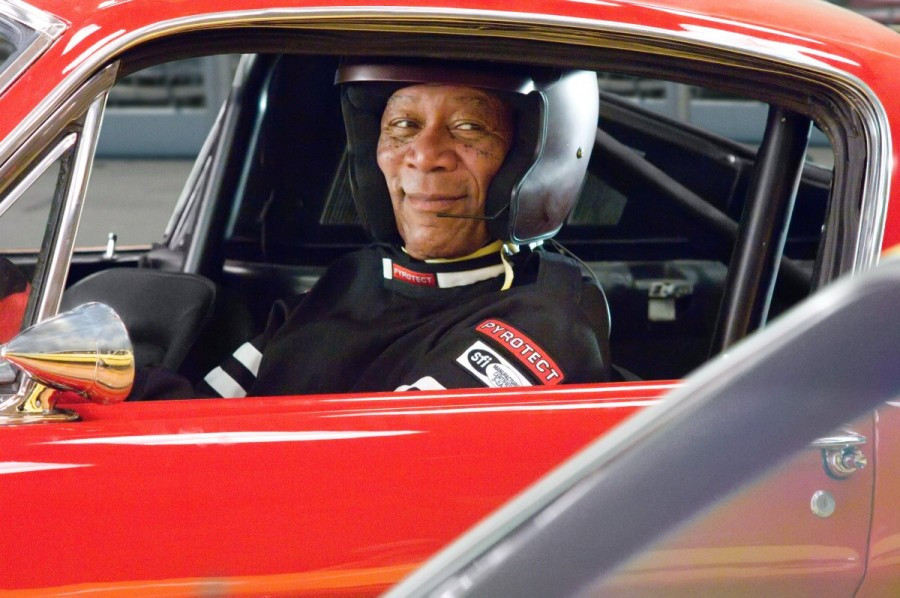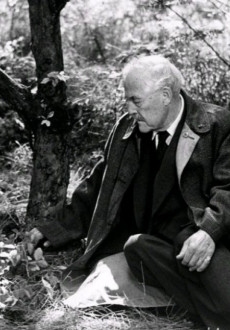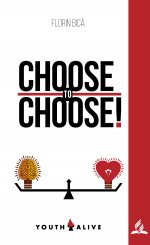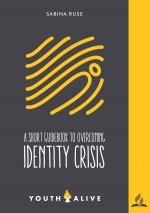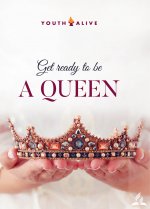The Bucket List is, in its own way, a sci-fi movie full of clichés which owes its success to the two protagonists - Morgan Freeman and Jack Nicholson, and to its motivational message: life is short, even if you live until you’re old and grey-haired, so enjoy every moment.
Why do I say that The Bucket List is a sci-fi movie, more fiction than science? Because, in real life, terminal cancer patients don’t have the mental and physical stamina needed to have fun the way Edward (Nicholson) and Carter (Freeman) do, even if they had one billion dollars. No sir, you don’t just jump out of a plane with a parachute to feel the adrenaline, right after undergoing brain surgery to remove a tumor!
Carter is a simple mechanic. He worked all his life for his family, and now, when he can enjoy a little break, his life is suddenly and ruthlessly shortened. Edward is a big boss, full of himself, hot-headed. But illness doesn’t choose its "clients" according to their wealth, so Edward ends up in the same boat. That's how the two men meet in the hospital room they share.
The main highlight of the film is the constant banter between the two protagonists, often full of humor. Carter and Edward talk about small things (such as Kopi Luwak coffee, for example), about their families, a bit about religion and beliefs, and finally they decide to make a list of what they would like to do before they kick the bucket. Not only do they write the list, but together they embark on a journey to accomplish all the goals, overflowing with energy and enthusiasm.
Sure, scriptwriter Justin Zackham could’ve been more creative than to send the two dying men on the kind of route that any teenager would’ve chosen: Cote d'Azur, savanna safari, the Egyptian pyramids, the Taj Mahal, the Great Wall, Hong Kong, Everest... He could’ve imagined more meaningful experiences for Carter and Edward, but there is a certain kind of film that appeals to a wider audience, eager for a bit of fun, and “The Bucket List” is exactly the kind of movie to watch while enjoying some nachos.
Edward's relationship with his employee, Mathew ‒ whom he prefers to call "Tom" because he finds the real name... too biblical ‒ adds another layer of comedy. The two are constantly bickering, primarily about the question: Will Edward leave something in his will for Tom or not?
I would say director Rob Reiner bet a bit too much on his actors’ charm. Not that Freeman or Nicholson aren’t able to get into their characters' skin, improvise, or even flesh out their lines with more substance than they have on paper. But the story feels a little too easy, as if confronting death and the pain of the family left behind would add up to some sort of fun trip.
One of the wishes on the list is "to laugh to death". Another wish is "to witness something truly majestic". If you think about it, they seem to have pretty superficial goals. No, you can’t accomplish in just a few weeks what you haven’t lived in a whole lifetime.
The joy of life must have a deeper meaning than just some sightseeing - it has to deal with family, real friendships... Perhaps the film does tackle the topic of friendship a bit, although it is hard to believe that a billionaire like Edward would in fact become buddies with a random mechanic, such as Carter. But then... if not in the movies, then where?
For the serious viewer, looking for more than fun, maybe “The Bucket List” can trigger a more serious concern about how to use our time. After all, Freeman's character is right about something: no matter how many years you get to live, in the end it seems that everything happened in a moment. To laugh to death is a good goal, sure. What would life be like without laughter? But this should always be one of our goals. We don’t have to wait for the last few weeks on earth to start looking at life with a fresh perspective, and to think seriously about what we want to accomplish in our lives.





